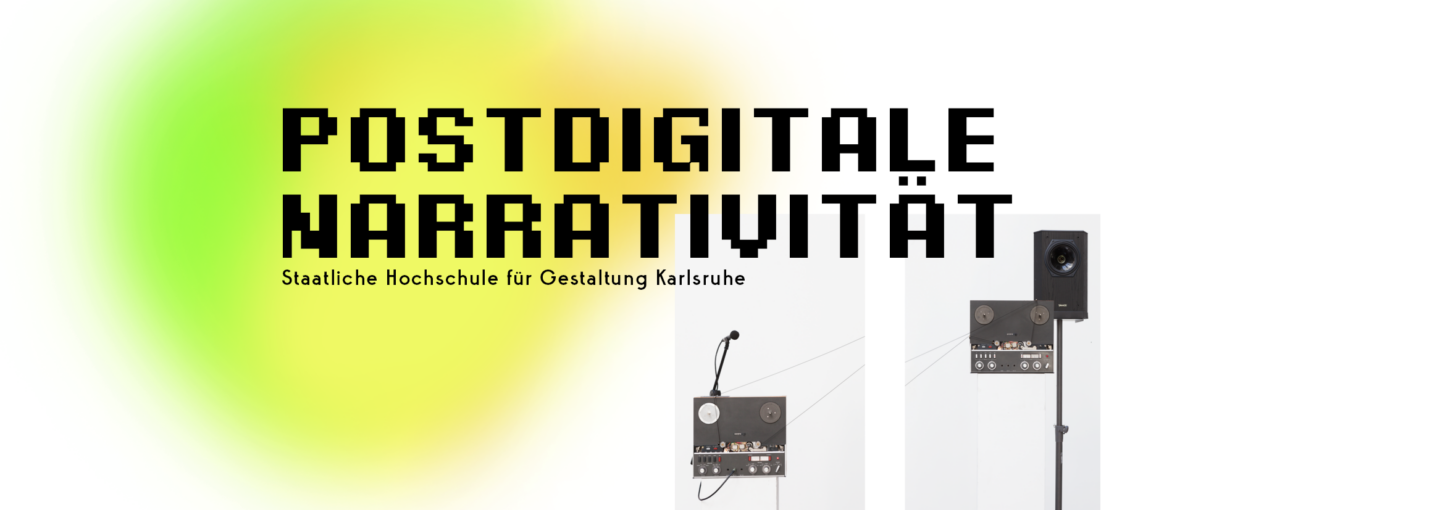22./23./24. June | 10am | Blackbox (341)
Workshop with Zeljko Blace
Some of the most interesting media and technology thinking and development was done by individuals from the spectrum of sexual & gender minorities. From asexual Nikola Tesla, to homosexual Alan Turing as groundbreaking pioneers to the contemporaries like Apple’s Tim Cook in consumer technology…however the social and cultural taboos around sexuality are only recently challenged to the point that thinking media and technology from non-conforming perspectives is not only possible but also strongly influenced by sexual orientation, gender identity and organization of intimacy.
In the workshop days we will look at issues that frame sexual and gender discrimination and emancipation, why and how it can be relevant for everyone . What can be learned from minority perspectives in organizing creativity and criticality. This will include looking at consumer niches of sex-dating geo-apps, but also interfaces of operating systems as normalizing environments and their potential “queering” of technologies to address diversity. We will also look into Sport as an extremely normative system that operates in fixed regimes. The two will co-relate and cross-pollinate in presentation of QueerOS prototyping and Kickertable mod-ing where 3D modeling/printing will meet body and identity politics. In video screenings we will shown some of the historic biographical documentaries and fictional movies that should feed both the imagination for work and discursive discussions for the day after .










